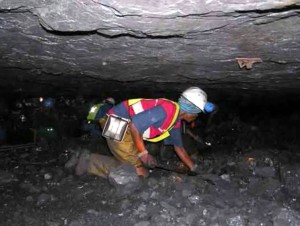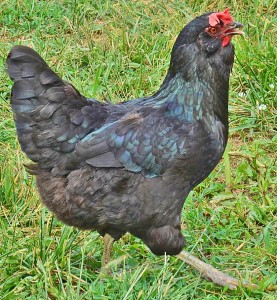The standard of civilization is how we treat our own.
By that standard, we are increasingly uncivilized.
We can track our decline in our national disregard for human rights, in our xenophobia, the cry to build walls, our inclination to war, to betray nation states who have long been our allies, and our indifference to the plight of the living young, the disabled, the poor, the ill and the aged.
We stand ready to betray the trust to preserve and protect natural resources, historic monuments, and public lands.
We exploit hard working Americans struggling to make ends meet.
Let us choose one group of workers, hard done by the false political myths we tell, and repeat, who are at a focal point, in national discussions about energy, safety and health care.
On a recent public access TV show, I was asked, when promoting renewable energy sources including solar and wind, whether, “I cared about the miners I would put out of work – if we continued to push these renewable energy sources?”
The question is a little like asking, “How did our forebears feel when farriers were put out of work because more and more the model T replaced the thoroughbred horse?”
Nor is there any way we can close the door to renewables.
If anyone thinks renewables are a fad, then they’re a fad like the internet. Continue reading




